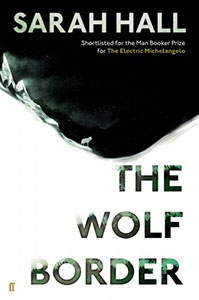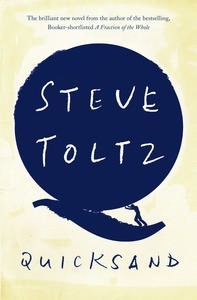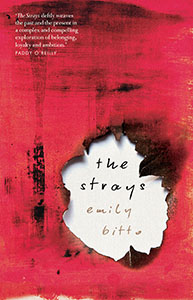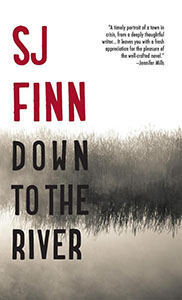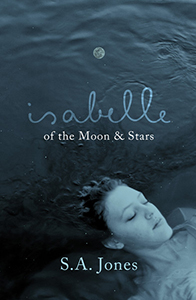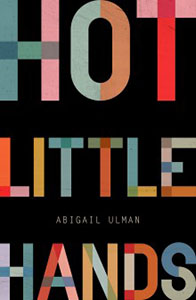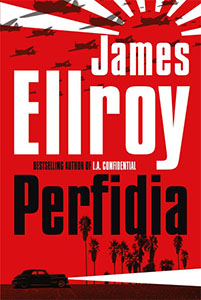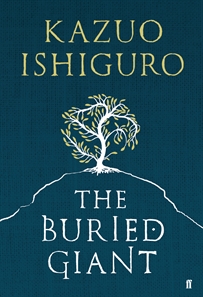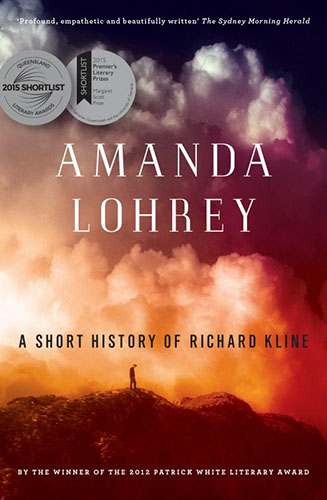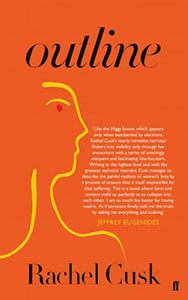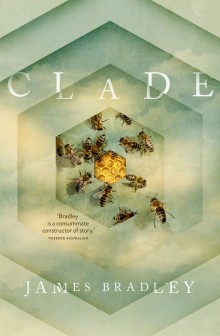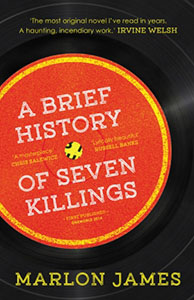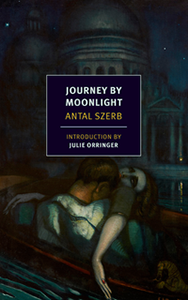Fiction
Fear of life: Quicksand by Steve Toltz
Steve Toltz’s second novel Quicksand is not a radical departure from his remarkable debut A Fraction of the Whole, at least in terms of style, tone and subject matter. It features a similar range of hyper-verbal characters whose conflicts, schemes and misunderstandings build with a snowball-like momentum, smashing through into new frontiers of awfulness and hilarity.
Formed and tested
At the centre of each of these narratives – nine short stories and three novels – is a woman or a girl. Some are empathetic, others cruelly selfish; some are extroverts and others aloof; some are acerbically witty and others dangerously naive. Despite their diversity and their different locations in history, place and time of life, most of them are far more resilient than they perceive themselves to be.
Dance to the Music of Crime: Perfidia by James Ellroy
While Ellroy works on a big canvas – war, love, unsolved murders – his narratives do not have a long novel’s turning circle. They burn through plot, through false leads and easy answers and obvious betrayals. The first 100 pages of Perfidia are likely denser and more knottily arranged than most crime novels are in their entirety.
Off with the pixies: The Buried Giant by Kazuo Ishiguro
In The Buried Giant, a fog of forgetfulness has engulfed the people of Britain so that the characters are struggling to understand their fears and the moral logic of their world. They have no past, and the novel reaches for the connections that may create a narrative, both public and personal, for them.
A soulful longing: A Short History of Richard Kline
On the cover, A Short History of Richard Kline is identified as a ‘pilgrim’s progress for the here and now’. For Lohrey, the here and now demands an easily accessible realist narrative rather than Bunyan’s choice of allegory. That may be the right call, but realism curtails the freedom that allegory offers readers to bring their own meanings and experiences to the text.
If it no go so, it go near so: A Brief History of Seven Killings
Understandably, James wants to rescue Marley from the kitsch images of bong hits and tropical holidays, re-situating him as a political player emerging from a particular historical setting. But Marley’s social significance cannot be disentangled from his art. If, as A Brief History of Seven Killings suggests, Marley came to embody a sense that ‘there was this once time when we could’a do it’, it was, first and foremost, through his music.
Neo- frivolous: Journey by Moonlight by Antal Szerb
Journey By Moonlight is often said to be a book about nostalgia. Szerb himself said so. Agnes MacDonald, in her dissertation on the Nyugat writers – the only English text on the subject more detailed than a Wikipedia entry – quotes from a letter Szerb wrote in 1937 ‘Now I am writing a novel about nostalgia. It will be something like Le Grand Meaulnes and Les Enfants terribles. The plot will take place in Italy, of course. Assissi, Gubbio. Have you been there before?’
